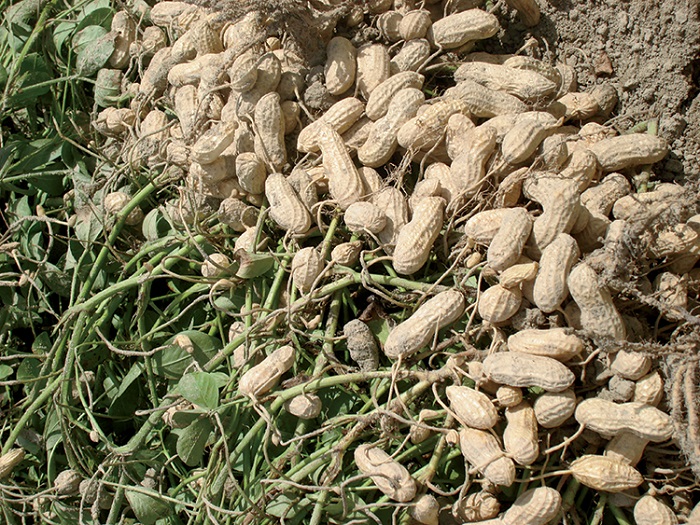
The Savanna Agricultural Research Institute of the Council for Scientific and Industrial Research (CSIR-SARI) have introduced two improved high yielding groundnut seed varieties in Ghana. Dr Doris Kanvenaa Puozaa, a Research Scientist in-charge of Seed System Development at the CSIR-SARI, made the announcement on behalf of the research team.
She further stated that demonstration was done in collaboration with the Presbyterian Agricultural Services (PAS) with resource support from two projects partners, the Accelerated Varietal Improvement and Seed Delivery of Legumes and Cereals in Africa (AVISA) project, and the Upscaling Improved Groundnut Varieties Project, a collaboration between Ghana and Mali.
Dr Puozaa said the demonstration sought to educate and show to farmers the need to adopt improved seed varieties for higher yields. She also explained that the new varieties were released last year and approved earlier this year by the National Varietal Release and Registration Committee.
The team leader said the new varieties could yield between eight to 12 bags in half an acre of land compared to the available variety which produces three to five bags on the same land size. Dr Richard Oteng-Frimpong, Plant Breeder and Head of Groundnuts Improvement Program at CSIR-SARI, said it took the institute about six years to come out with the improved seeds. These, he explained, are adaptable to climate change, are high in protein and oil; have better drought tolerance and has long storage span, especially the SARI Nut 1 variety.
Dr Oteng-Frimpong said the SARI Nut 1 had longer duration of maturity and would grow very well in areas where there are longer rainy periods compared to the SARI Nut 2 which takes 90 days to mature. He urged farmers to adopt the new varieties to secure and improve on their farms to enable them harvest more yields.







